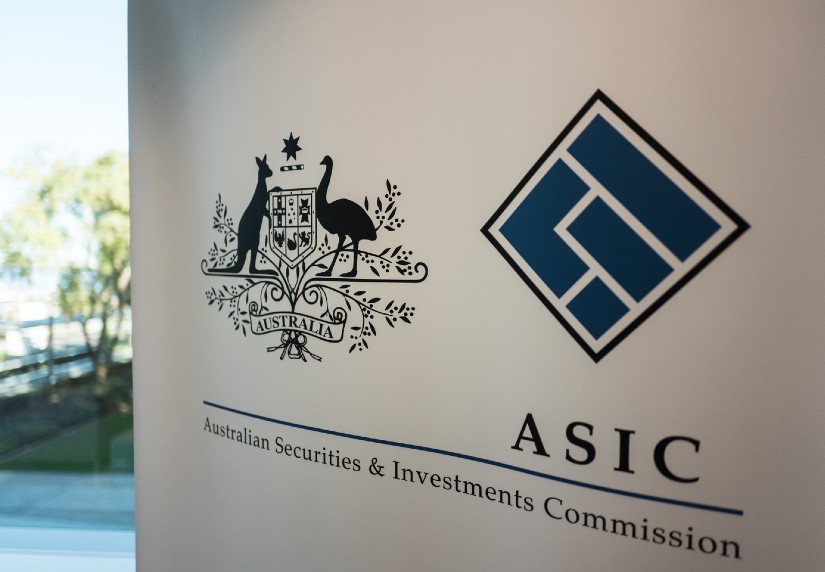The Australian Securities and Investment Commission (ASIC), an independent government agency, responsible for regulating Australia’s financial markets said it is suing Finder Wallet Pty Ltd because the agency believes that the startup has violated financial regulations and is seeking to hold it accountable through the legal system.
ASIC stated that Finder Wallet has been accused of providing financial services without a registered license. In addition, the Finder Wallet was also accused of violating product disclosure laws and disregarding Design and Distribution Obligations (DDO) in relation to its cryptocurrency-related product Finder Earn.
ASIC claims that providing Finder Earn without a license exposed customers to risk, including the chance that they may be presented with a product that wasn’t appropriate for them. Following ASIC’s warning, Finder Wallet stopped selling Finder Earn as of November 24 and all payments were fully returned to clients.
Sarah Court, Deputy Chair at ASIC said that the suit filed against Finder Wallet is the third in recent times against a company offering products related to crypto assets. Court added that ASIC wants the public to be aware that offers involving a product related to cryptocurrencies are not exempt from regulatory laws.
ASIC said its primary role is to protect the interests of consumers and investors, maintain the integrity of the financial system, and promote fair and efficient financial markets.

It is important to note that ASIC’s decision to bring legal action against a company does not necessarily mean that the company is guilty of the allegations being made against it, and the outcome of the lawsuit will depend on the specific facts of the case and the evidence presented in court.
Safeguarding the Crypto Industry
The abrupt demise of the FTX exchange has necessitated ongoing efforts by regulators around the world to ensure the safety of investors’ digital assets.
In recent times, Celsius Network has been ordered by a bankruptcy Judge to return crypto assets worth $50 million to its custody account holders. The judge’s decision was reached after Celsius’s advisors and other interested parties realized that since the insolvent company was just serving as a storekeeper, the assets placed in custody accounts belonged to the clients.
The Securities and Exchange Commission (SEC) of Thailand, a government agency responsible for regulating and overseeing the securities industry in Thailand announced via a news report that it will establish tighter crypto laws. The SEC said it aims to protect the funds of investors amid the situations in the crypto market.


